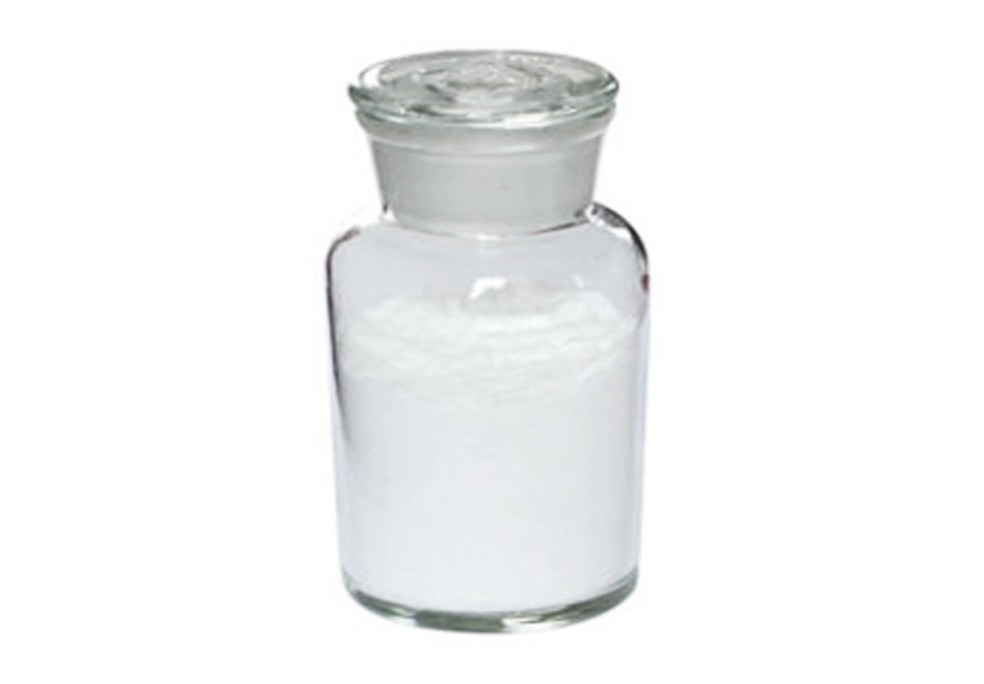Metformin, N,N-dimethylimidodicarbonimidicdiamide hydrochloride (Glucophage), is a bisguanidine.This class of agents is capable of reducing sugar absorptionfrom the gastrointestinal tract. Also, they can decrease gluconeogenesiswhile increasing glucose uptake by muscles andfat cells. These effects, in turn, lead to lower blood glucoselevels. Unlike the sulfonylureas, these are not hypoglycemicagents but rather can act as antihyperglycemics. Often,metformin is coadministered with the nonsulfonylureas to improvethe efficacy of those agents.
1.Increase the sensibility of surrounding tissues to insulin and the insulin-mediated usage of amylaceum.
2.Increase the the amylaceum usage to those organization, such as brain, blood corpuscle, medulla renis, intestinal tract, skin and so on.
3.Restrain the heteroplasia of hepatic glycogen, lower the output of hepatic glycogen.
4.Restrain the intestinal wall cells from absorbing amylaceum.
5.Restrain the biosynthesis and storage of cholesterol, lower triglyceride, and total level of cholesterol.






















